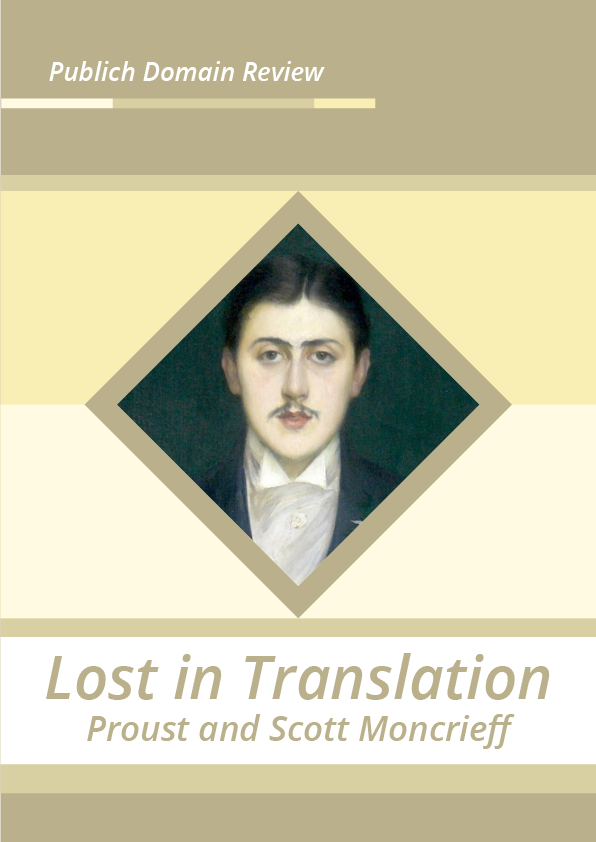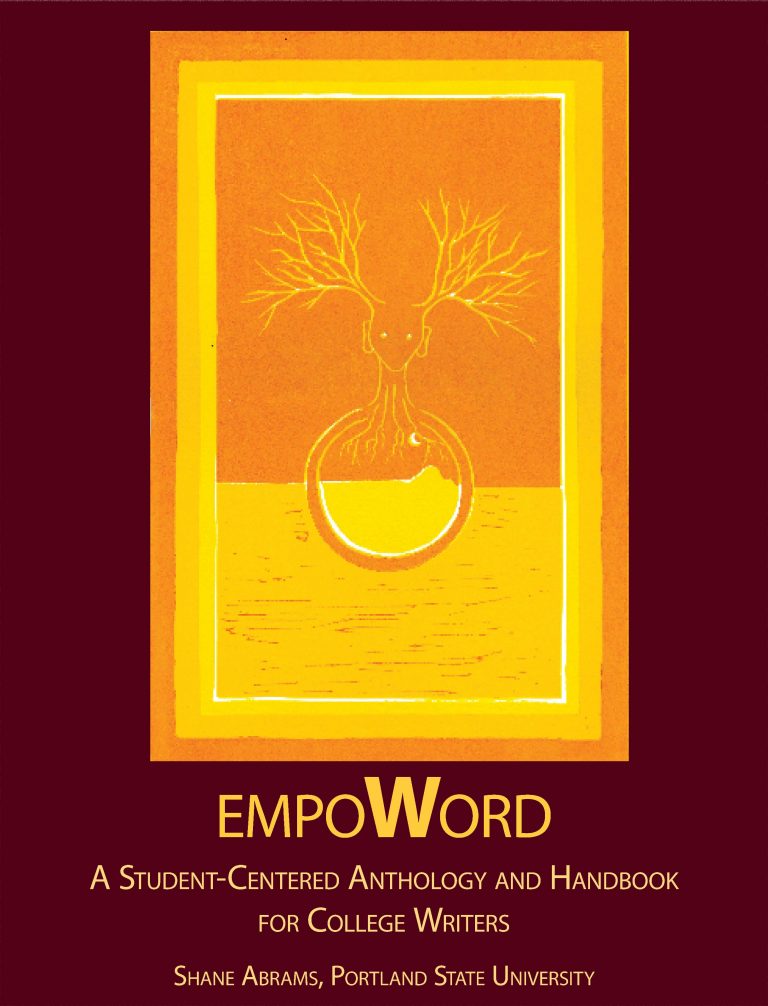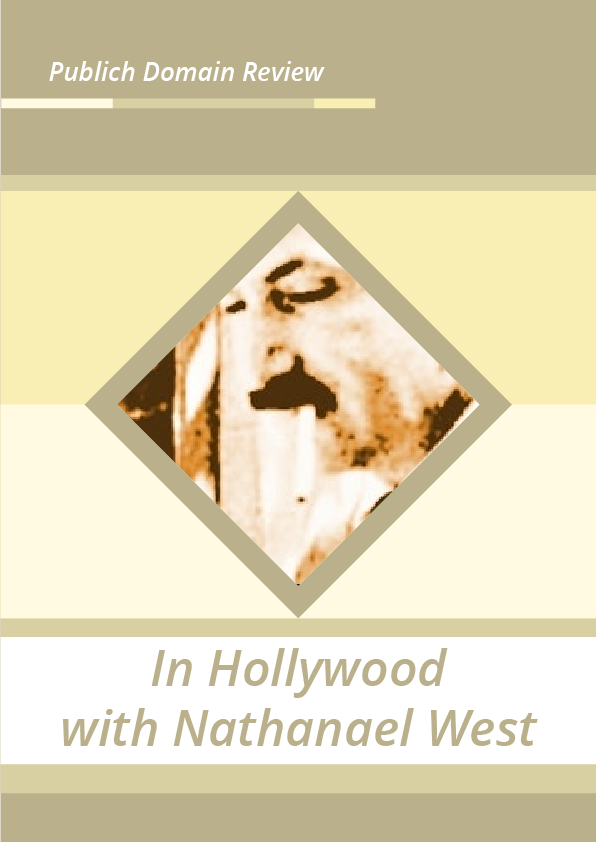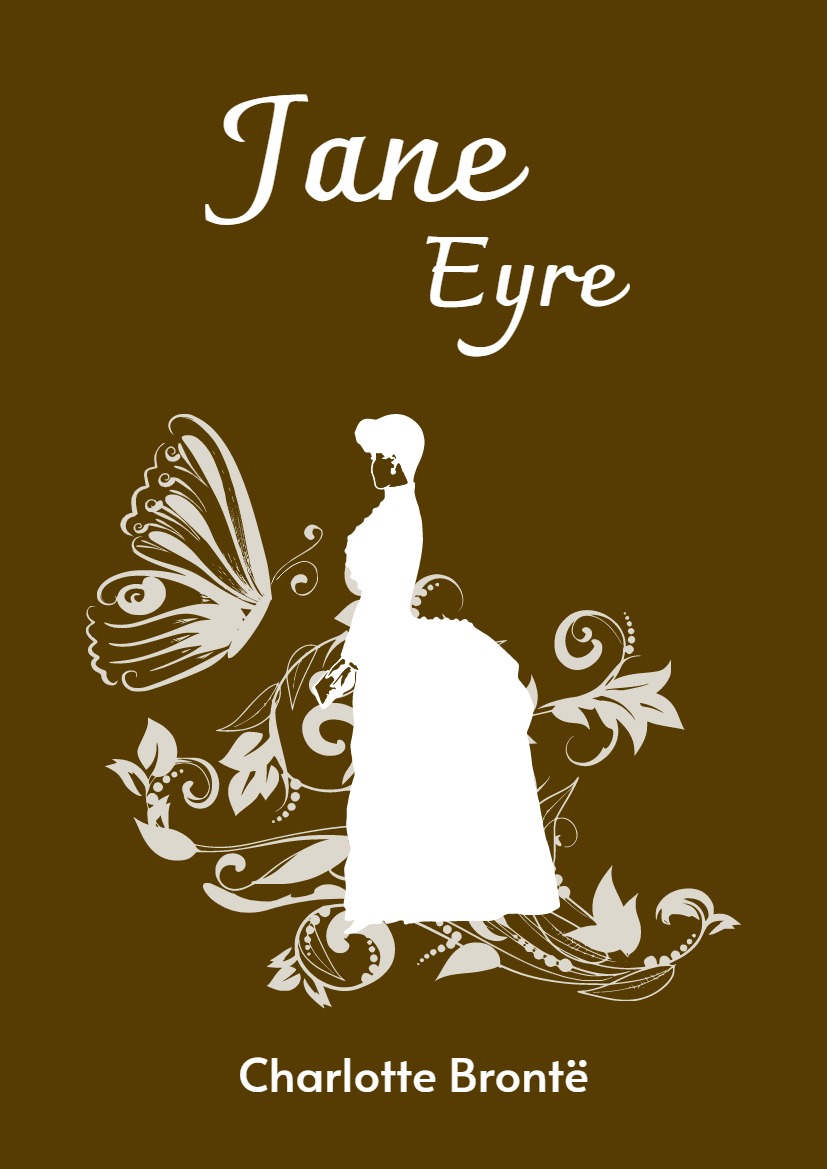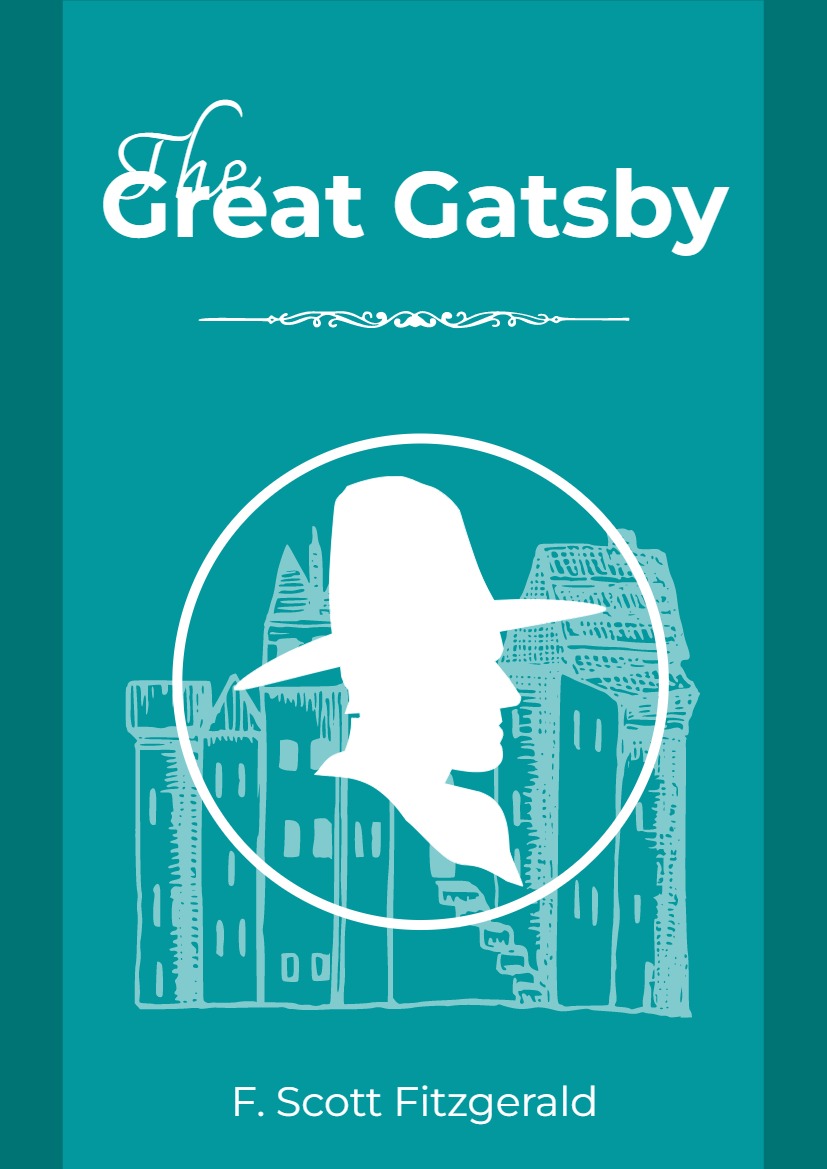Scott Moncrieff’s English translation of Proust’s A la recherche du temps perdu is widely hailed as a masterpiece in its own right. His rendering of the title as Remembrance of Things Past is not, however, considered a high point. William C. Carter explores the two men’s correspondence on this somewhat sticky issue and how the Shakespearean title missed the mark regarding Proust’s theory of memory.
Although Charles Kenneth Scott Moncrieff’s translation of À la recherche du temps perdu is considered by many journalists and writers to be the best translation of any foreign work into the English language, his choice of Remembrance of Things Past as the general title alarmed the seriously ill Proust and misled generations of readers as to the novelist’s true intent. It wasn’t until 1992 that the title was finally changed to In Search of Lost Time. “Remembrance of Things Past” is a beautiful line from William Shakespeare’s sonnet 30, but it conveys an idea that is really the opposite of Proust’s own. When Scott Moncrieff chose this title, he did not know, of course, where Proust was going with the story and did not correctly interpret the title, which might indeed be taken to indicate a rather passive attempt by an elderly person to recollect days gone by.
Proust’s theory of memory rejects the notion that we can simply sit and quietly resurrect the past in its true vividness through what he called voluntary memory. When we attempt to do this, we find that it doesn’t work very well. We remember very little and often only in a haphazard and rather bland way. On the other hand, Proust’s title should be taken to suggest a different approach: the Narrator’s search (recherche means both search and research in French) is an active, arduous quest in which the past must be rediscovered—largely through what Proust called involuntary memory, as demonstrated in the famous madeleine scene—then analyzed and understood, and finally, if your ambition is to preserve it in writing, transposed and recreated in a book. As we will see, Proust lived long enough to see the title Remembrance of Things Past and, while he objected to it, did not take measures to change it.
A native of Scotland, Scott Moncrieff had served as a captain in the Scottish Borderers during World War I. Before reading A la recherche du temps perdu, he had already made a name for himself as the translator of major French works, such as La Chanson de Roland (The Song of Roland) and Stendhal’s two masterful novels Le Rouge et le Noir (The Red and the Black) and La Chartreuse de Parme (The Charterhouse of Parma). After the Great War Scott Moncrieff had served as secretary to Lord Northcliffe, in addition to being an editor at The London Times. In January 1920, a thirty-year-old Scott Moncrieff resigned his post at the Times in order to devote himself entirely to translating À la recherche du temps perdu.
Proust was completely unaware of his good fortune in having such a translator; his misgivings were founded in large part by a letter from Sydney Schiff, a British novelist and translator who wrote under the pseudonym of Stephen Hudson. He and his wife Violet, who both knew French, had been among the first in Britain to discover and love Swann’s Way and had subsequently struck up a friendship with Proust. In London, on September 9, 1922, Schiff read this announcement in The Athenaeum:
Messers Chatto & Windus, as publishers, and Mr. Scott Moncrieff, as author, have almost ready the first installment of M. Marcel Proust’s ‘Remembrance of Things Past’ in the English translation. The title of this initial volume is Swann’s Way.
Schiff, who had long thought he was the only Englishman capable of translating À la recherche du temps perdu, objected to Scott Moncrieff’s titles. As incredible as it seems, Schiff did not realize the overall title came from Shakespeare’s sonnet, whose opening lines read: “When to the sessions of sweet silent thought/I summon up remembrance of things past. . . .” In his letter to Proust, Schiff lamented the loss of the French title’s double meaning — time wasted and lost, with its “melancholy nuance, etc.” But even more surprising, was Schiff’s total misreading of his native language; he translated Swann’s Way for Proust as “A la manière de Swann,” (In the Manner of Swann), as though that were its only possible meaning. (Schiff would later make amends and become a good friend of Scott Moncrieff’s.) Naturally, Proust, who knew something about the art of translation from his own translations of works by John Ruskin, became alarmed on reading Schiff’s reaction and his rendering of Scott Moncrieff’s titles.
Proust wrote to Schiff, saying he certainly did not intend to “let Du côté de chez Swann appear under the title you gave me. I knew nothing about this translation.” Of course, Proust did know — or should have known — about Scott Moncrieff’s translation, since his publisher Gallimard had offered to let him inspect it months earlier and the novelist had declined. Proust, whose health worsened again, waited nearly a week before writing to Gallimard. Now, he said, in addition to “falling with every step,” his speech troubles had returned. He then conveyed Schiff’s concerns about the translation to Gallimard. The author could not accept the title that meant “In the manner of Swann.” That was “intolerable.” He reminded Gallimard that Du côté de chez Swann and Le Côté de Guermantes indicated the two separate walks at Combray. The English title was “nonsense;” surely it must be an error. Proust concluded: “I value my work too much to allow an Englishman to demolish it.”
